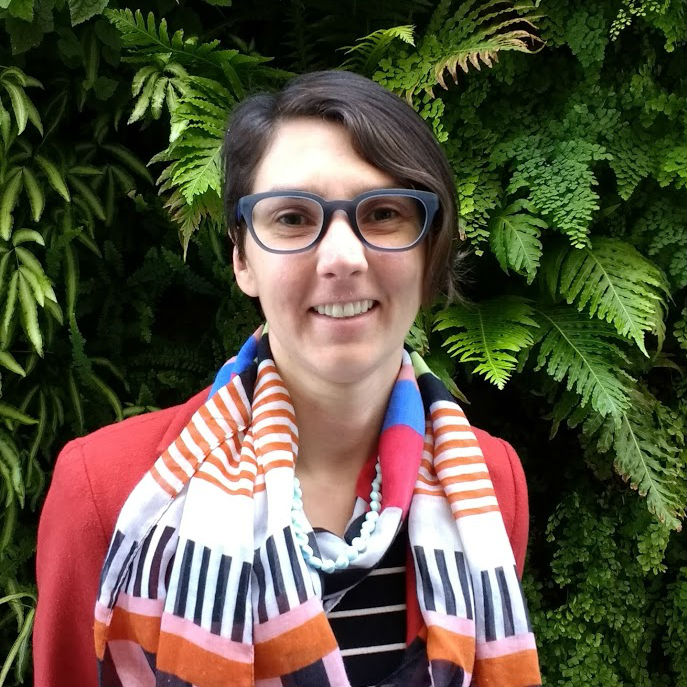
Twenty anthropologists and ethnographers from across Africa, Asia, Latin America, and North America will discuss new forms of public and private governance over seeds and soils, how these influence farmers engagement, and how do citizens mobilize to regain control over the seeds and soils on which their daily sustenance, their health and well-being depend.
By considering the relationship of farmers with the living things of soil and seeds together with their relationship to different forms of national and international policy-making, anthropologists engage this comprehensive approach to examine how environmental change is co-created through policies and practices. They will share the outcome of their recent discussions in this roundtable.
Contemporary ways of cultivating and agricultural development strategies are framed by the marketplace: typically today such measures are privatized, corporate, and profit driven, and thus they frequently neglect or even devalue local survival strategies among the world’s poorest. Please join in this public panel that will address the ways in which states and corporations govern living objects that shape peoples’ sustenance, determine the survival of mankind, and the quality of life which have fueled the mobilization of citizens worldwide. Anthropologists have started to analyze the discourses and strategies of farmers, foodies and environmentalists who try to shed the status of consumer, stakeholder or expert and reclaim the status of citizens and of food sovereignty instead of food security. How is the issue of citizenship, the right to food, the claim to be protected from fake food and seeds reformulated? How do these notions impact on decision-making, and the notion/perception of economic democracy?
Co-sponsored by the Wenner Gren Foundation, National Science Foundation, UCSC Blum Center, Science and Justice Research Center, and UCSC Dept. of Anthropology.
September 13 | 2:00-4:30pm | Louden Nelson Community Center, room 1


 2016 marks 30 years of disability and cinema. Superfest, the world’s longest running disability film festival, celebrates disability as a creative force in cinema and culture. It features films with fresh ideas and images that inspire thought and meaningful conversation. Times and locations for the 2016 film selections can be found
2016 marks 30 years of disability and cinema. Superfest, the world’s longest running disability film festival, celebrates disability as a creative force in cinema and culture. It features films with fresh ideas and images that inspire thought and meaningful conversation. Times and locations for the 2016 film selections can be found 

